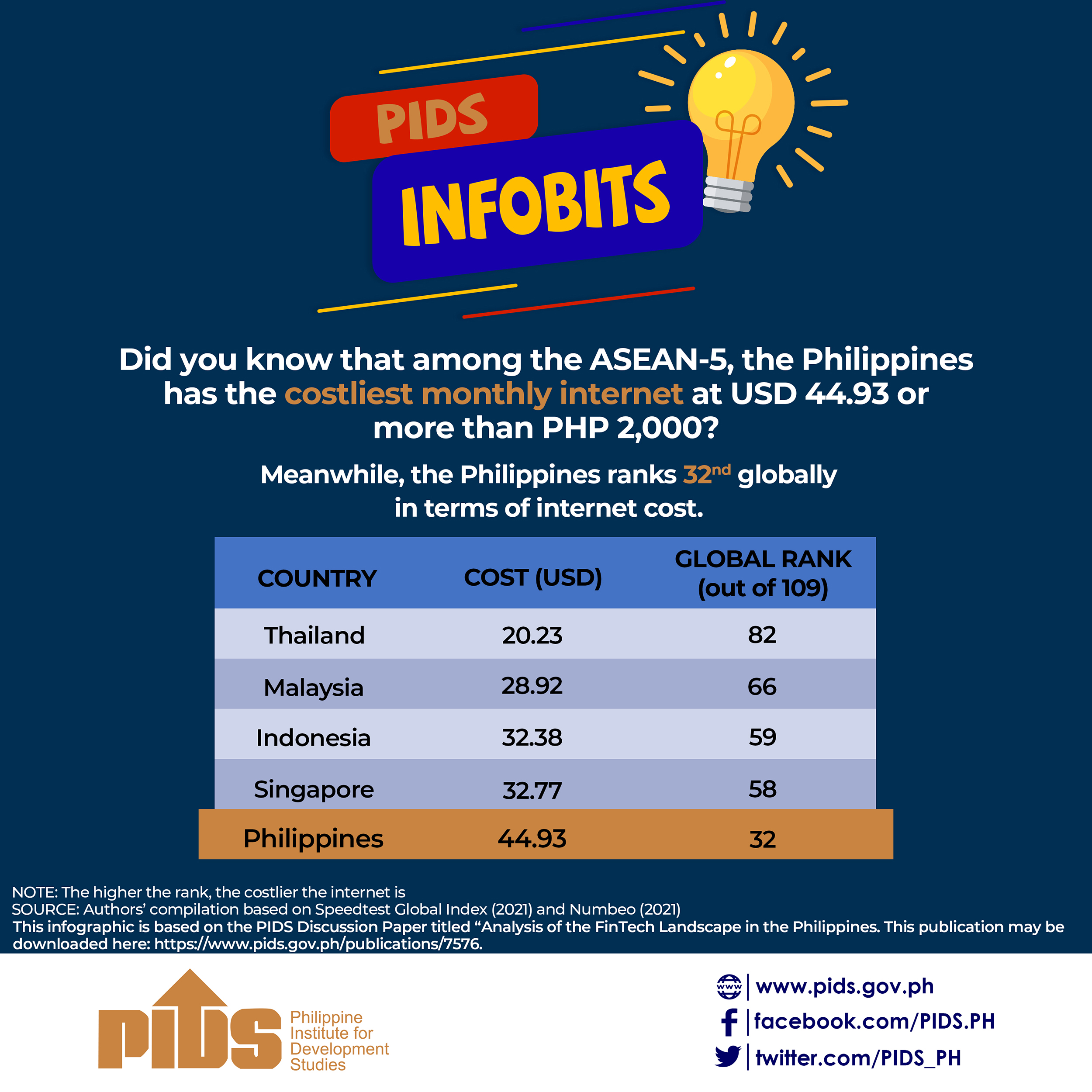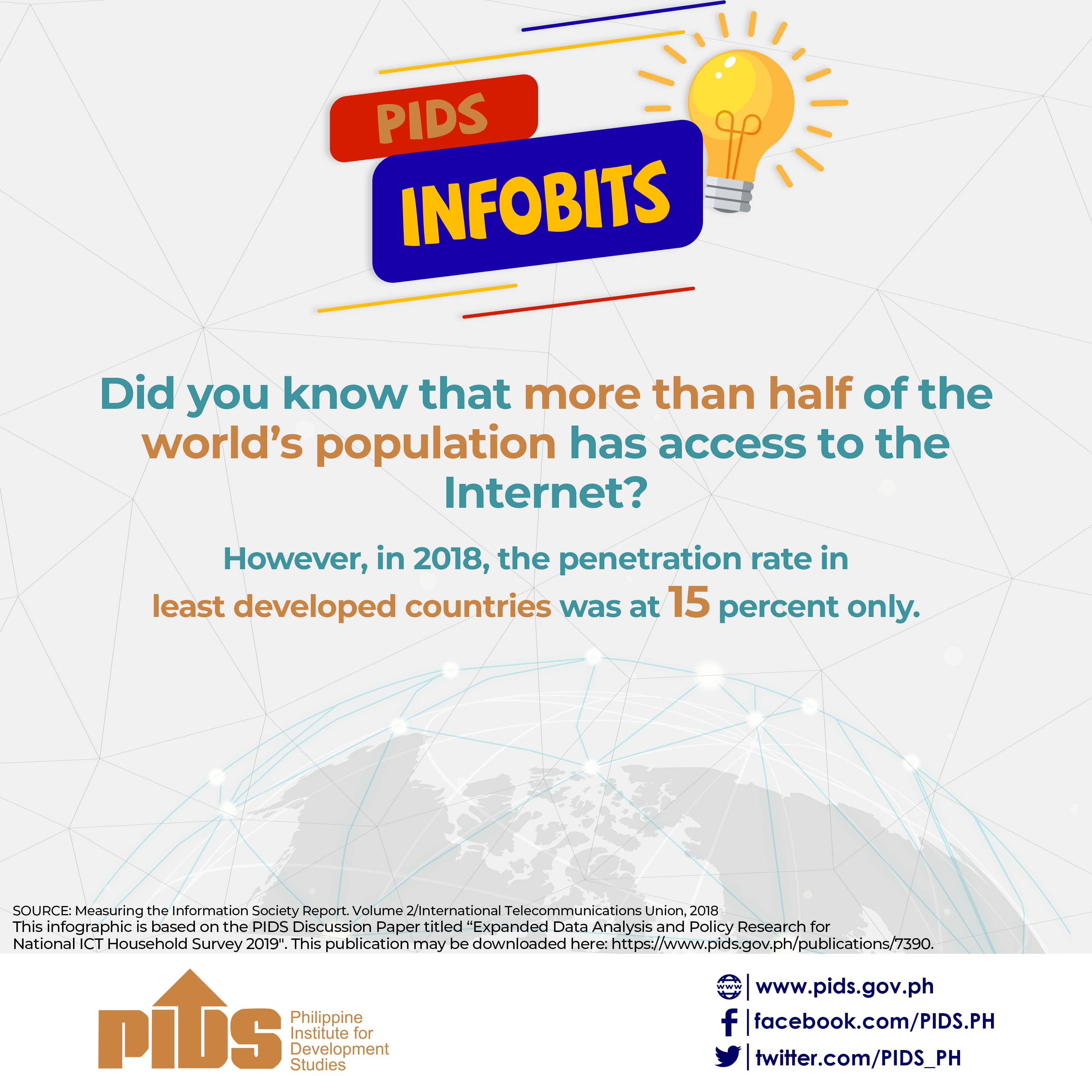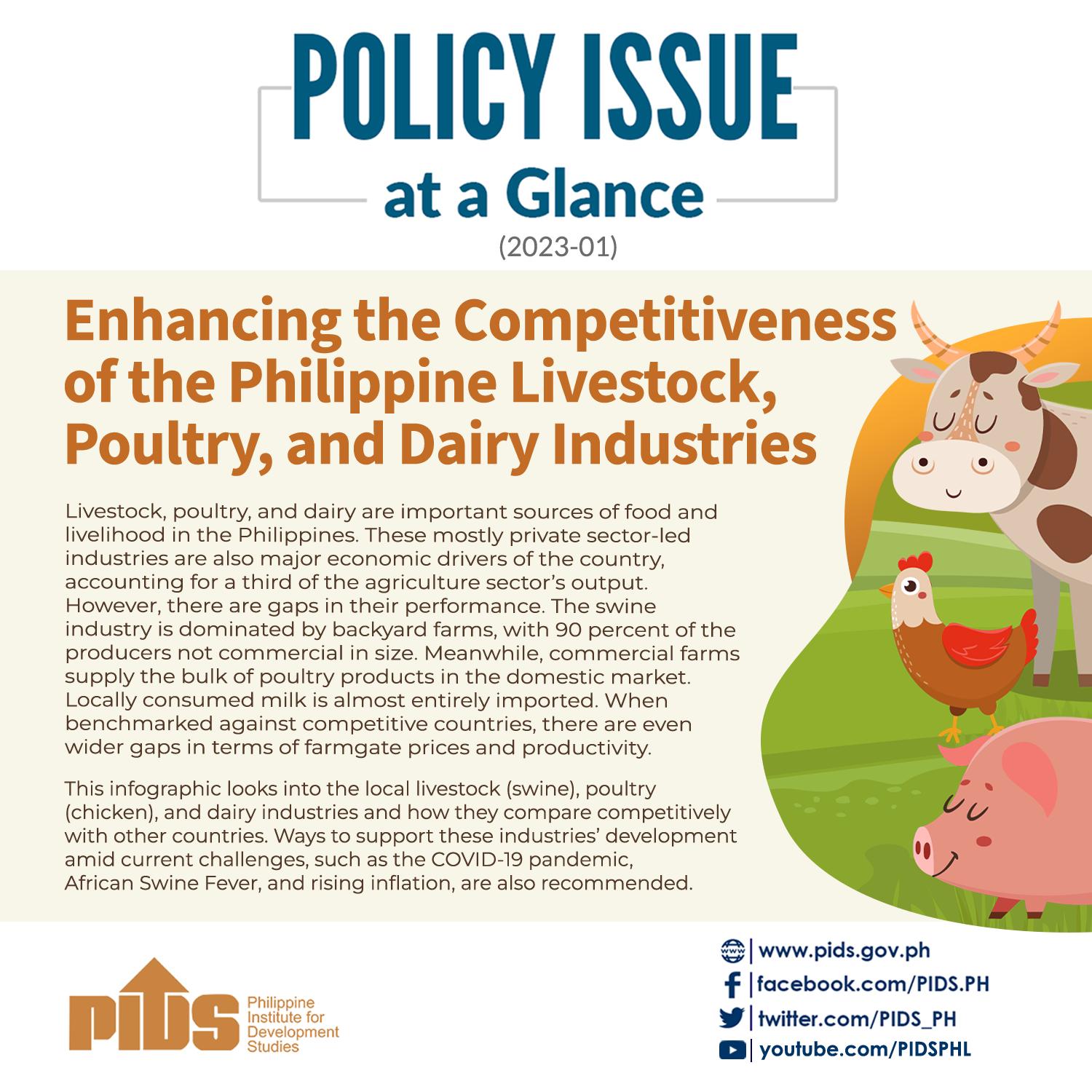Academic institutions, students, employers, stakeholders and government agencies are urged by the Technical Education and Skills Development Authority (TESDA) to take a more active role in ensuring the global competitiveness of the Filipino workforce.
TESDA Deputy Director General Rosanna Urdaneta made this call during her welcome remarks delivered at the 2018 TVET Research Forum with the theme “Exploring New Trends in TVET in Response to the Changing World of Work” sponsored by TESDA.
The forum aims to gather ideas, conclusions and recommendations from TVET-related studies nationwide, tackle their implications and create linkages among TVET partners for future action plans.
During the event, Urdaneta asked forum participants to assist the agency by submitting relevant research proposals until November 16 this year.
Evidence and recommendations gathered through research will serve as bases to form policies and programs to further strengthen effective TVET delivery.
Individuals, students, local government units and private organizations may submit their proposals to the nearest TESDA Regional Offices while national government agencies, and executive offices may submit to the TESDA Planning Office at the Administration Building in Taguig City.
In the recent forum, three individuals have already presented their research proposals.
The first presenter was Francis Mark Quimba, Ph.D., research fellow of the Philippine Institute for Development Studies (PIDS), who presented his research titled “E-Education in the Philippines: The Case of the TESDA Online Program (TOP)”.
He shared that the TOP can provide skills to those in the lower income regions, giving them better access to quality to TVET courses and helping them learn new skills with which they can apply for jobs.
Another case study presented was titled “Development of Mocktail Drinks with Butterfly Pea Flower Extract” by Shella Bawar of the TESDA Women’s Center. It tackles the possibility of using the flower of the butterfly pea plant (clitoria ternatea) in making low-cost mocktails.
The third case study presented was titled: “Developing Socio-emotional Skills for the Philippines’ Labor Market” by Pablo Acosta, Ph.D., senior economist of the World Bank.
The study argues that the reason why appropriate jobs are not filled is because applicants, in general, lack socio-emotional skills and recommends that teaching these socio-emotional skills be included in the Philippine education system.
The recent forum focused on various concepts and ideas regarding the changing requirements of the workplace.
From specific skills requirements such as “soft” or behavioral skills, up to the delivery of TVET which may help in the selection of skills and lifelong learning, the discussions aimed to better communiciate the new trends and developments to people including skilled workers and professionals.
“TESDA’s National Technical Education and Skills Development Plan (NTESDP) 2018-2022 articulates its objectives and strategies to create a conducive and enabling environment for the development and quality service delivery of the TVET sector in order to produce work-ready, globally competitive, green economy workers imbued with 21st century skills, as well as the need to prepare the Philippine workforce for the challenges in the future of jobs,” Urdaneta said.












